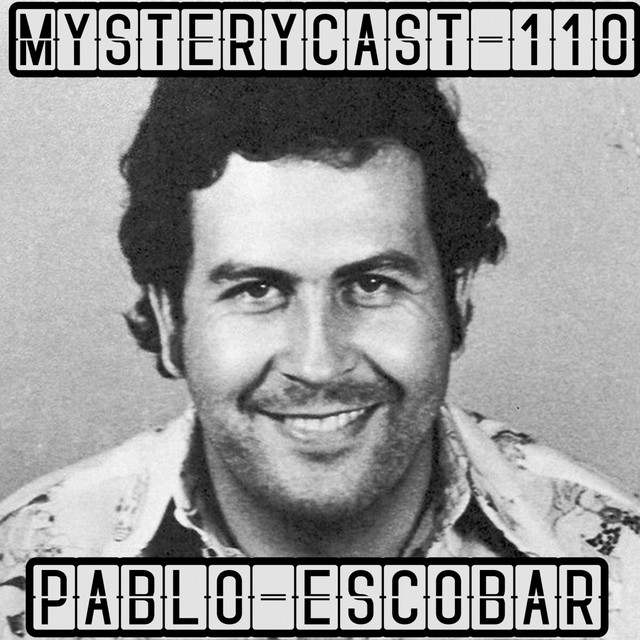
Introduction
Pablo Escobar, one of the most notorious figures in history, remains a significant topic of discussion due to his immense influence on drug trafficking and his impact on Colombian society. Known as the ‘King of Cocaine,’ Escobar’s operations in the 1980s and early 1990s brought unprecedented wealth, power, and violence. His legacy continues to shape conversations around drug policy and organized crime, making it crucial to understand his life and its implications.
Rise to Power
Born on December 1, 1949, in Rionegro, Colombia, Escobar’s early life was marked by a lack of resources, driving him towards a life of crime. By the late 1970s, Escobar had established a major cocaine trafficking operation that dominated the global market. His Medellín Cartel produced and shipped vast quantities of cocaine to the United States, making him one of the richest men in the world.
Escobar’s influence extended beyond drug trafficking; he employed an array of tactics to gain political power, including violence and bribes. He financed numerous community projects and built soccer fields and housing in impoverished neighborhoods, which earned him local support despite his violent reputation. However, his methods led to a wave of terror in Colombia, marked by bombings and assassinations, and contributed to thousands of deaths.
Downfall and Death
As Escobar’s power grew, so did the efforts of the Colombian government and U.S. agencies to bring him down. The rise of the Medellín Cartel led to the creation of a special task force called the Search Bloc, which targeted Escobar and key cartel members. After years of relentless pursuit, Escobar was finally located and killed by Colombian National Police on December 2, 1993.
Legacy and Impact
The aftermath of Escobar’s demise left a complex legacy in Colombia. His influence on drug trafficking and violence continues to affect the country, influencing both policy and societal perceptions of crime. Documentaries, films, and television series have explored his life, bringing renewed interest to his story and the broader implications of drug trafficking. Scholars argue that while Escobar was a criminal, he also highlighted the stark socioeconomic divides in Colombian society, prompting discussions on poverty, violence, and governance.
Conclusion
Pablo Escobar’s life is a pivotal chapter in the narrative of globalization and organized crime. His unique blend of philanthropy and brutality continues to fascinate and horrify people worldwide. As nations grapple with the complexities of drug policy and the ongoing struggles against trafficking, understanding Escobar’s role in this broader context remains essential. His legacy serves as a reminder of the challenges that persist in addressing the cycles of poverty and violence that fuel the drug trade.




